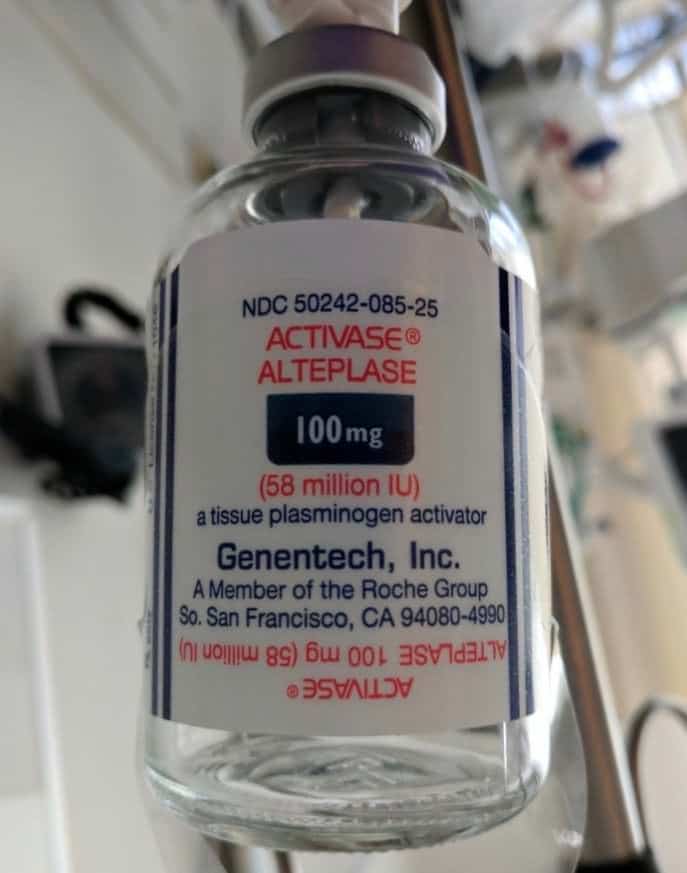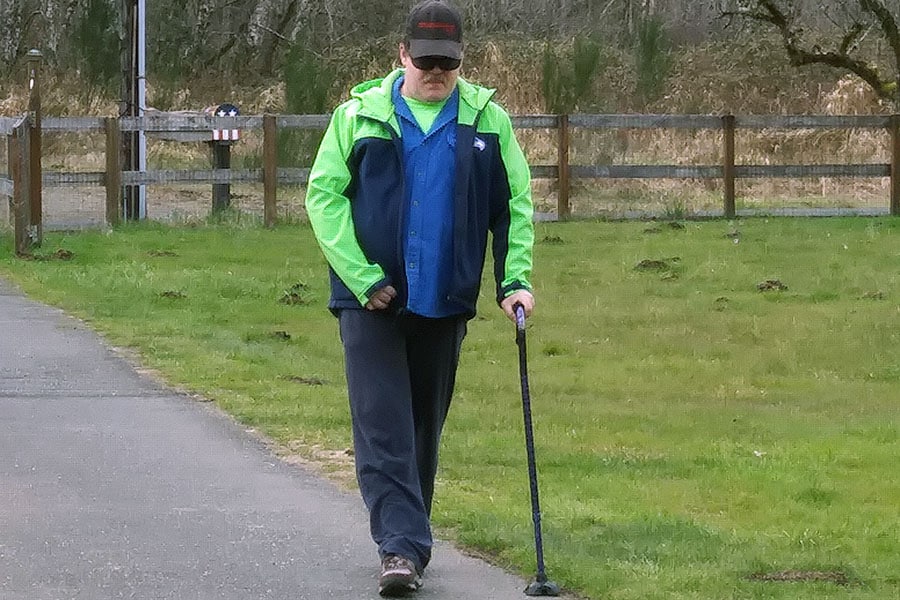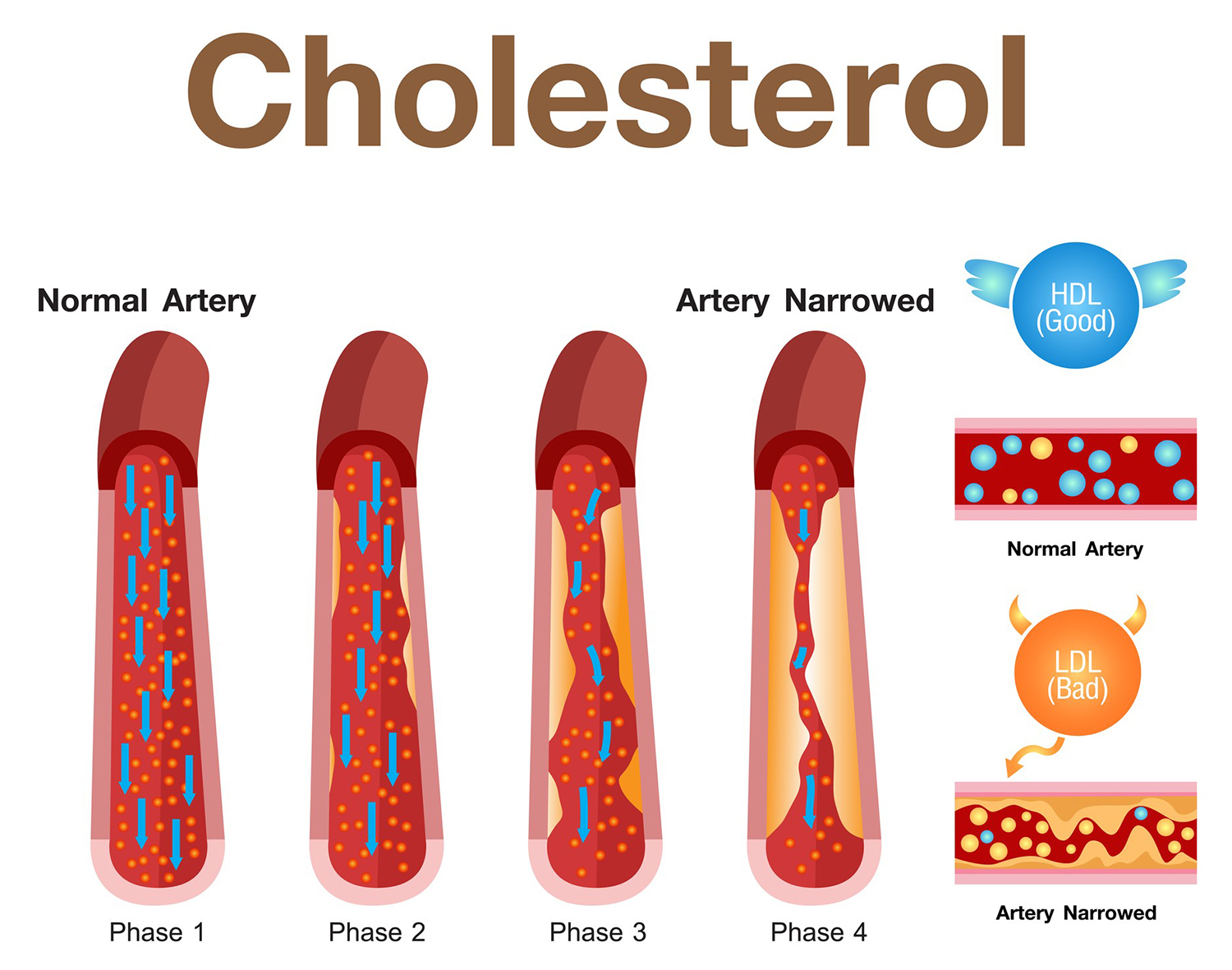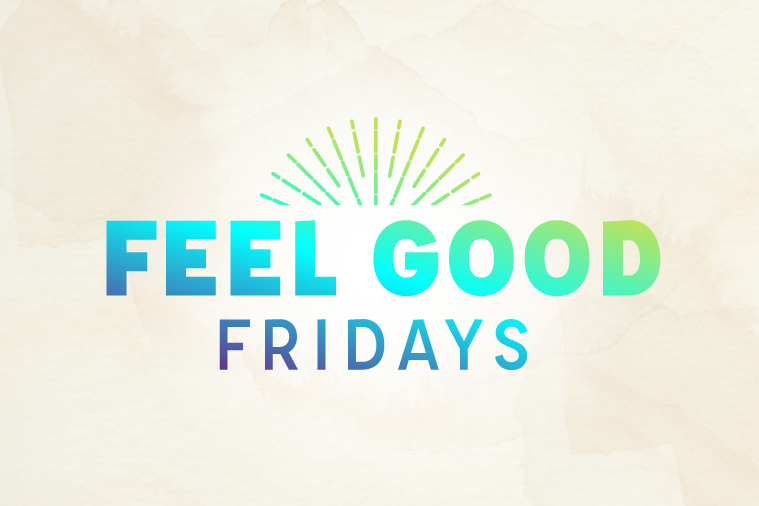Feel Good Friday Stroke Recovery True Life Story Week 1
Last week I did a post called Stroke has no age barrier. It happens in young people as well. – JGH Rehab So I decided to do a series of Feel Good Stroke Survivor Stories, by relaying stories of Stroke Survivors, and lessons that we can learn from each experience. If we can help prevent one person from suffering a Stroke, or encourage one Stroke Survivor with this series, it will be worth it. We will be posting these stories each Friday, on social media, and I have also reached out to some Stroke Survivor friends to get their own personal journey as well.
Enjoy the story this week, but more importantly, use the information learned to better equip yourself, or someone else should a Stroke situation arise.
Clark Caffall’s Story
Recovering From a Stroke Can Be a Long Road, But Don’t Give Up
Clark Caffall’s story is told through the words of his wife, Cheree.
In August 2013, Clark Caffall, 47, and his wife, Cheree, were celebrating their 10th wedding anniversary when Clark’s speech suddenly began to slur and Cheree couldn’t understand what he was saying. The couple didn’t know what was happening. A friend drove them to the hospital, where doctors found that Clark had had an ischemic stroke. He was given a clot-dissolving medicine, called Alteplase, also called t-PA, or clot buster, which is commonly given to patients who arrive at the hospital within 3 - 4.5 hours of having a ischemic stroke.

Doctors then transferred Clark to a larger hospital in a nearby town, where he spent a week in the neurologic care unit before moving to a rehabilitation center for daily physical and speech therapy sessions. “It was hard to believe what I was seeing,” Cheree said. “Clark had gone from the man I thought could do it all to a childlike version of himself.” She said Clark really worked hard in those sessions and has continued to do so. “His progress has been phenomenal,” Cheree said.

Clark ate healthy and was in good physical condition before the stroke, but he also had high blood pressure and high cholesterol, which may have been a part of his family history; his grandmother passed away from a stroke. He had a physically demanding job fixing large machinery and carrying loads of heavy tools and equipment. He worked on his ranch and “was quite the gym rat,” Cheree said. Even now, Clark makes regular exercise a priority.
Today, Clark walks with a slight limp in his right leg. He can’t use his right arm but is determined to regain its use. His cognitive skills continue to improve, although he is still challenged by aphasia, a language disorder that robbed him of his ability to speak like he used to. Clark’s ongoing therapy includes doing sudoku, word puzzles, and math and language programs on an electronic tablet.


Cheree and Clark encourage others to be proactive about their health. Before his stroke, Clark was aware that he had high blood pressure but not that he also had high cholesterol. He and Cheree urge everyone to get annual physicals and regular blood pressure and cholesterol screenings. “Clark has always been determined,” Cheree said. “He’s had an effect on a lot of our friends because of his perseverance. He’s a driven person, which is a huge part of why he is where he is today.”
Here are the things that we learned from Clark's story.
- There is a 3 - 4.5 hour window to receive the clot buster drug Alteplase, which could help decrease the amount of damage caused by a Ischemic Stroke, so time is of the essence.
- Stroke Recovery is hard work, and Stroke Recovery work never ends.
- When it comes to Stroke, an ounce of prevention, is worth a pound of cure. Get regular checkups with your doctor, and get to know your family history.
- A Stroke alters your life, and the lives of those around you.
All content provided on this blog is for informational purposes only and is not intended to be a substitute for professional medical advice, diagnosis, or treatment. Many opinions and viewpoints are based on my own Personal Stroke Recovery journey. As every Stroke is different, so is every Stroke Recovery. Always seek the advice of your physician or other qualified health providers with any questions you may have regarding a medical condition. If you think you may have a medical emergency, call your doctor or 911 immediately. Reliance on any information provided by the JGH Rehab website is solely at your own risk.

